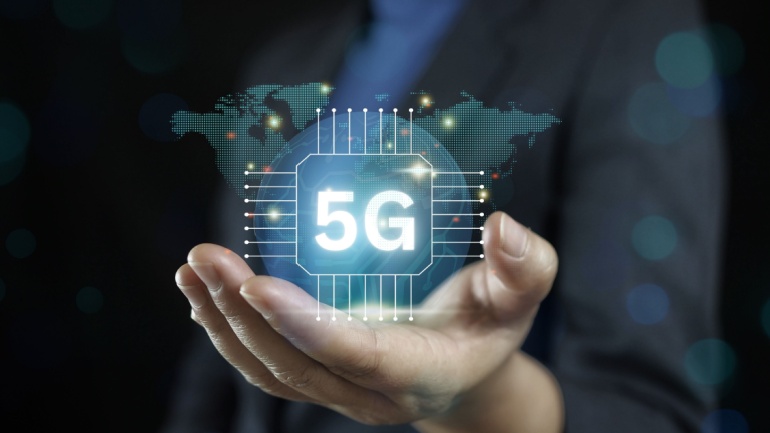Indian operator Bharti Airtel has significantly expanded its 5G network to encompass 140,000 villages across India. This initiative highlights Airtel’s commitment to enhancing digital connectivity in rural areas. Already covering 800,000 villages with its 4G network, Airtel’s expansion accelerates their mission of providing high-speed internet across India, supported by both 4G and 5G technologies.
Huawei and UAE telecom provider du have deployed the first indoor 5G-Advanced network in the Middle East, utilizing three carrier aggregation technology. This network delivers peak data rates of 5.1Gbps, enhancing indoor connectivity in shopping malls, hotels, airports, and residential buildings.
This week, French mobile operator Free, owned by Iliad Group, announced the nationwide launch of 5G Standalone (SA) services. This makes Free the first to deploy 5G SA across France, activating it at 6,950 of its 20,000 sites. Experience higher speeds, reduced latency, and innovative applications, all at no extra cost.
MTN South Africa and ZTE Corporation have pioneered Africa’s first 5G maritime coverage near Mossel Bay. This leap in ocean-based connectivity promises to revolutionize tourism, fisheries, and the maritime economy while supporting ecological preservation. With over 210Mbps throughput 22 km offshore, 5G will enhance shipping, fishing, marine research, and rescue operations.
Celona, a U.S.-based private networks specialist, is advancing into the Chinese market through a strategic partnership with Xingtera. This collaboration aims to deploy Celona’s innovative 5G LAN solution across industries such as manufacturing and logistics. Supported by Oriental Cable Network and Inspur, the partnership enhances secure wireless connectivity and accelerates digital transformation.
Reliance Jio Infocomm has partnered with OnePlus to validate 5G network slicing at a new 5G lab in India. This innovative technique divides a single physical network into multiple virtual networks, enhancing the 5G experience.
SoftBank and Intelsat have launched an innovative hybrid network for seamless 5G connectivity, integrating mobile and satellite technologies. This groundbreaking initiative aims for uninterrupted global communication, supporting applications like connected vehicles and disaster response.
Ericsson is set to showcase its cutting-edge 5G innovations for railways at InnoTrans. Highlighting the 5G Corridor and Future Railway Mobile Communication System (FRMCS), Ericsson aims to revolutionize passenger and freight transport with seamless communication, real-time updates, and enhanced onboard services.
Nokia partners with Rockwell Automation to test private 5G on the CBRS band, enhancing industrial automation using EtherNet/IP protocols. With successful integration of time-sensitive networking and ultra-reliable low-latency communications, this collaboration signifies a breakthrough for Industry 4.0 applications. Discover how private 5G network solutions are transforming industrial automation and connectivity.
Ateme and Austria’s ORS Group have completed the world’s first IP-based Statistical Multiplexing (StatMux) trial over 5G-Broadcast, enhancing live streaming capacity. Utilizing Ateme’s NextGen StatMux, the trial, conducted in Vienna, showcased up to 20% efficiency gains and the ability to deliver multiple services in limited frequency bands, signaling a leap forward in broadcasting technology.













